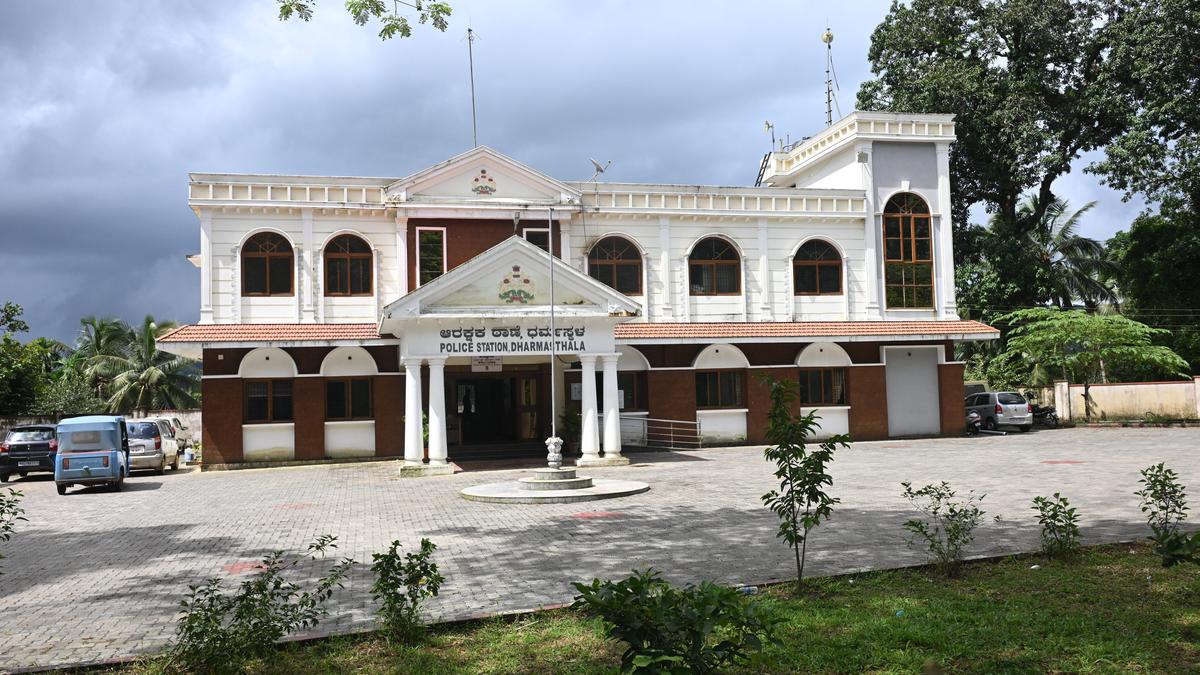India didn’t join the other nine members of the Shanghai Cooperation Organisation (SCO) in backing China’s One Belt, One Road (OBOR) connectivity and infrastructure initiative during a key meeting of the bloc in Islamabad on Wednesday.
The move was in keeping with India’s stated position on OBOR, a flagship initiative of Chinese President Xi Jinping, that New Delhi has said doesn’t offer a level playing field for Indian firms. In the past too, India has refrained from endorsing the OBOR or the Belt and Road Initiative (BRI) in joint documents issued after SCO meetings.
The joint communique issued at the conclusion of the SCO Council of Heads of Government meeting, hosted by Pakistan, said the other member states backed the OBOR and efforts to link the China-led initiative with the Eurasian Economic Union.
The statement said Belarus, Iran, Kazakhstan, Kyrgyzstan, Pakistan, Russia, Tajikistan and Uzbekistan reaffirmed “support for the People’s Republic of China’s One Belt, One Road (OBOR) initiative” and “noted ongoing work on joint implementation of the project, including efforts to bridge the Eurasian Economic Union and OBOR”.
India has for long also opposed the China-Pakistan Economic Corridor (CPEC), a key part of the OBOR, as it runs through Pakistan-occupied Kashmir (PoK). India is among a small number of countries in Asia that never signed on for OBOR despite China’s invitations to join the initiative.
Pakistan Prime Minister Shehbaz Sharif, who chaired the meeting, called for creating a SCO connectivity framework by expanding projects the BRI, CPEC and International North-South Corridor (INSC). External affairs minister S Jaishankar, who spoke after Sharif, said cooperation within SCO on connectivity and trade should recognise territorial integrity and sovereignty and cannot be built on “unilateral agendas”.
As expected, Jaishankar, the first Indian foreign minister to travel to Islamabad in almost a decade, didn’t hold any bilateral meetings with the Pakistani leadership. As at a dinner for the visiting SCO leaders on Tuesday night, Jaishankar was welcomed by Sharif when he arrived at the venue for Wednesday’s meeting.
Jaishankar briefly shook hands with Sharif, as his Pakistani counterpart Ishaq Dar looked on and then went into the venue. This was in contrast to the scenes at a SCO foreign ministers’ meeting in Goa last year, when Jaishankar greeted his then Pakistani counterpart Bilawal Bhutto Zardari with a namaste, instead of shaking hands.
“Departing from Islamabad. Thank PM @CMShehbaz, DPM & FM @MIshaqDar50 and the Government of Pakistan for the hospitality and courtesies,” Jaishankar said in a post on X at the conclusion of his visit.
In another post on X, Jaishankar described the SCO meeting as “productive” and said eight outcome documents were signed. “India made a positive and constructive contribution to the deliberations,” he said.
Among the key takeaways from an Indian perspective were upholding fair and balanced connectivity projects in line with international law and the principles of the UN and SCO Charters, digital public infrastructure and digital inclusion becoming part of the SCO cooperation framework and developing a dialogue on the idea of “One Earth, One Family, One Future”, he said.
Other takeaways were opposing protectionist actions, unilateral sanctions and trade restrictions that undermine the multilateral trading system and impede global sustainable development.












